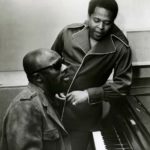Stax Songwriter Series
Rance Allen
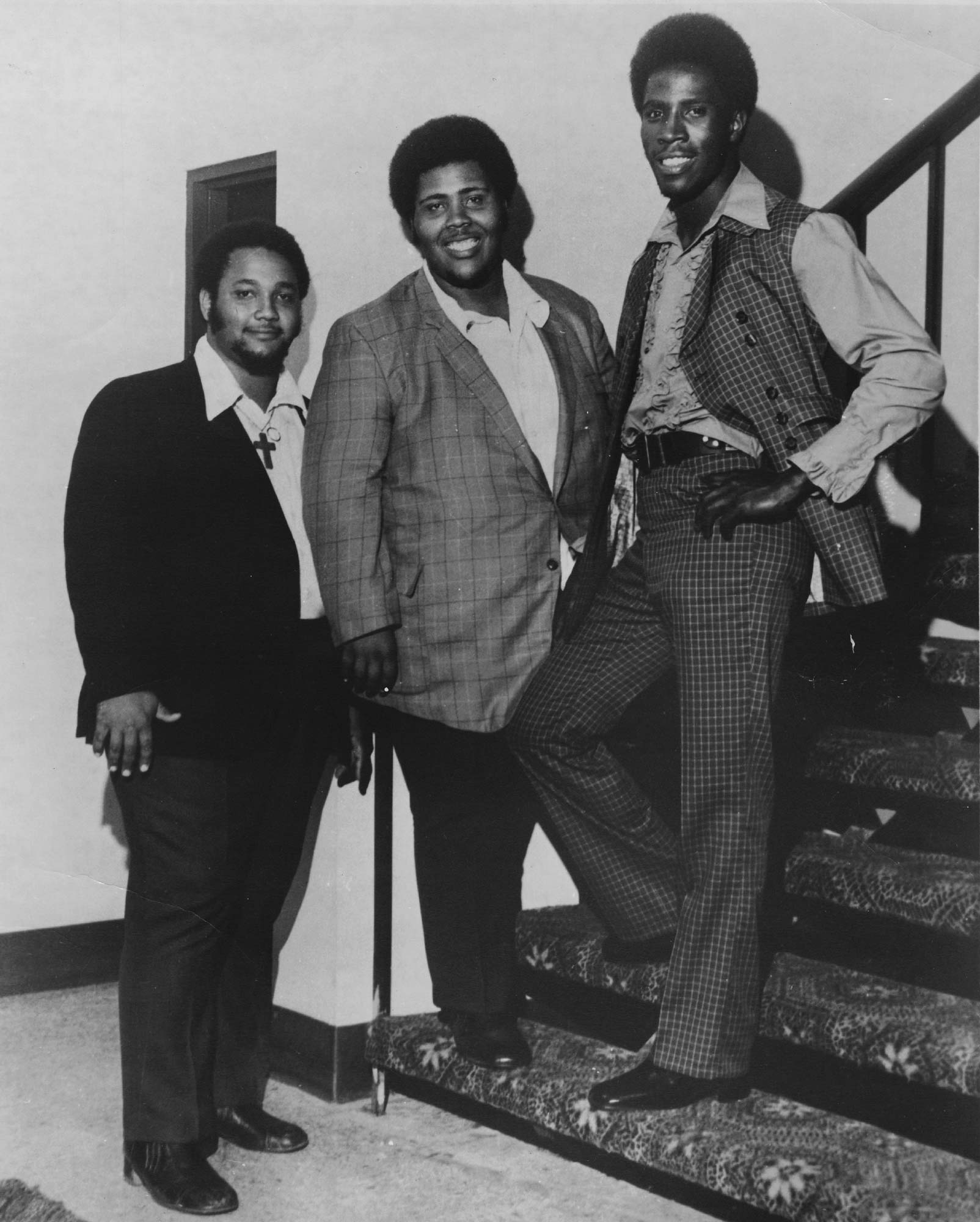
The Rance Allen Group
Widely regarded as the premier Southern stronghold of soul in its heyday, the Stax Record Company and its executive leadership spent much of their later period aiming to prove they could find success in other genres. Such realms of the recording industry they attempted to tackle include country, pop, jazz, rock, soundtracks, comedy, and spoken word—many of them corresponding to their own subsidiaries and respective rosters of talent. Among those genres, Stax devoted specific attention to gospel music, setting up The Gospel Truth label of artists, which began the success of breakout star vocalist, guitarist, arranger, and songwriter Rance Allen.
Allen grew up in Monroe, Michigan, just 25 miles south of Detroit, the Black music capital, home to Berry Gordy’s Motown Records empire. Rance, born to a family of twelve siblings, made up of six boys and six girls, was raised surrounded by music. His mother sang, played guitar, and piano. His grandfather was well known locally as a purveyor of ragtime. Like them, Rance and his brothers took to performing at an early age. Although, in young Rance’s case, his gifts far surpassed his musical prowess. As early as 10 years old, Rance began preaching the gospel, traveling the region with his sermons while also developing a dedicated practice on piano and guitar. In the coming years, he’d add the accompaniment of his brothers: Steve on bass, Tom on drums, and, occasionally, Esau on percussion.
At the turn of the decade in 1970, the brothers recorded a single on Monroe-based Reflect Records, performing as the Rance Allen Singers. The A-Side, “Let’s Get Together and Love,” showcases an assuredly brilliant vocal performance by Rance. Remarkably, the song also already featured the signature soul, funk, and rock-infused gospel that would establish the act as a staple throughout their lifespan as a marquee name in the genre.
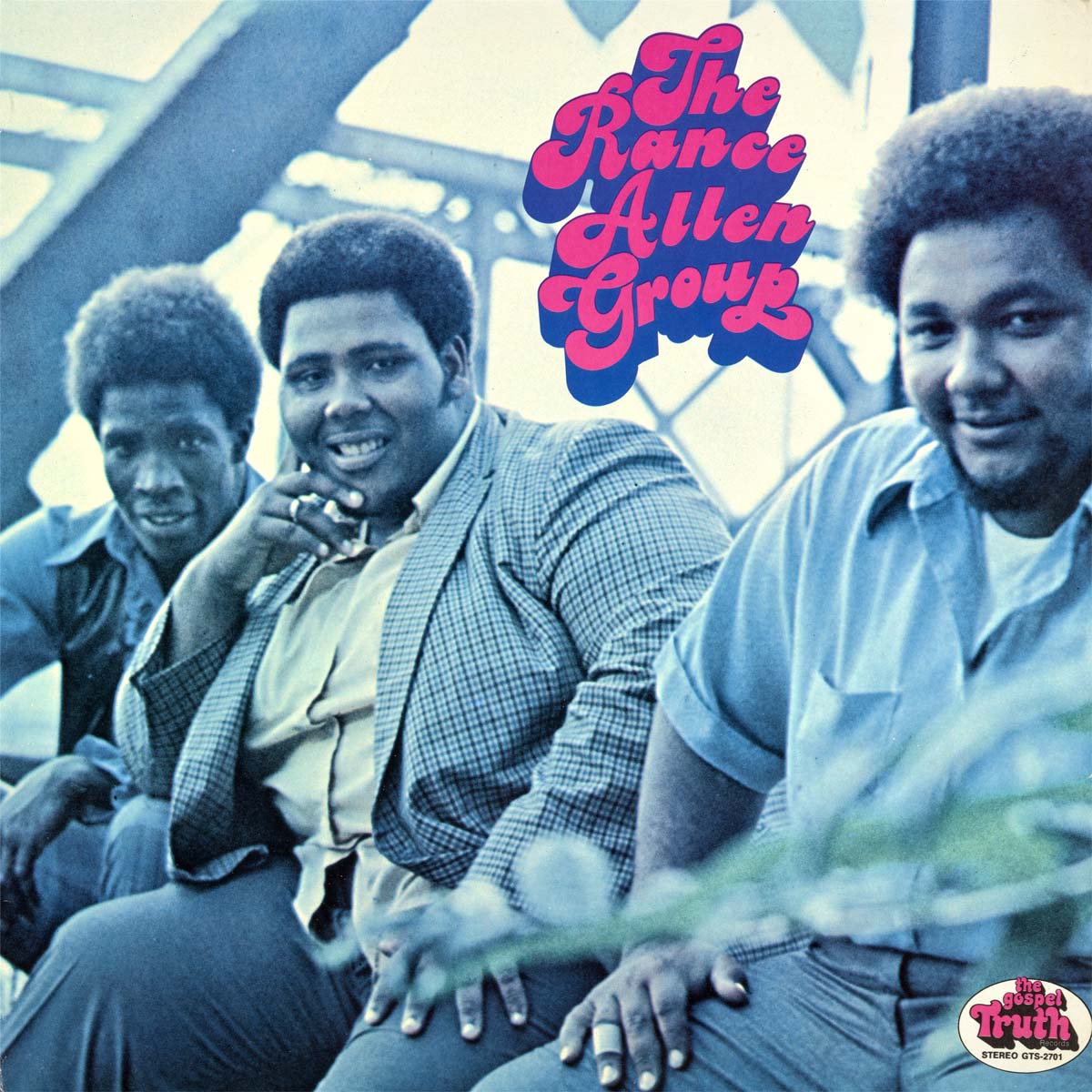
1972 self titled debut
Effectively, the group was ready for the next level, sonically matured and prime to be marketed among the top talent in the Black music marketplace. Fortunately, they’d receive the offer after astounding judges at a Monroe talent show. Within the group of judges was Dave Clark, a veteran record promoter, who’d recently both settled in Detroit and joined Stax Records as a cherished advisor to Al Bell’s staff. Charmed by the Allen brothers’ routine, Clark phoned Bell to inform him of the electrifying and genre-defying spiritual ensemble he’d found, noting that their repertoire could turn gospel music’s traditional image on its ear. And so Clark built The Gospel Truth imprint largely in service of the Rance Allen Group, releasing the brothers’ “Just My Imagination (Just My Salvation),” backed with “Up Above My Head,” as the label’s first single.
The Rance Allen group debuted with a self-titled LP released on The Gospel Truth in 1972, with Rance arranging, playing keyboards, playing guitar, and singing lead. Though the album’s lead single featured no credit to Rance Allen for songwriting, as both songs were considered covers, no one could argue the distinctive artistic license Allen displayed through his liberal interpretation of the source material. In an instant, he’d screamed onto the scene with a sanctified rework of a Motown staple and turned a traditional tune into a rocking romp apt to make pious fans of the genre blush within their church pews.
On the remainder of the album, however, Rance Allen offered three true originals, “Make My Life Shine,” “Love Power,” and “Greatness of God,” the latter of which was co-written with Leslie Criss.
On “Make My Life Shine,” Rance hands over substantial vocal duties to his brothers while dutifully adorning the background with guitar on the slow-building number. All three brothers dance between falsettos and deep, rumbling tenor tones. Throughout the Allen brothers layer refrains, from gentle spoken parts, to hums, to full-out melodic wailing. Seemingly effortlessly, they transition between them all with a breezy flair.
In the same year, the Rance Allen Group returned with a follow-up full-length recording, with Rance again credited for songwriting in three instances. On the more polished and pared down “God Is Wonderful,” Rance Allen sings delicately over a minimal organ, drum, and bass accompaniment. Naturally, his vocal talent stands out far and above the instrumental, as Rance reaches high to the heavens to find notes in the song’s finale. On “If I Could Make the World Better,” Rance joins Tom Allen and Dave Clark as co-writers. The percussive and punchy track lays a foundation for Rance to consider the many places he wishes to spread his pervasive message of peace, hope, and devotion to God. In it, he poses that he could step out of the church and take the gospel through the streets, right up to the United Nations, and directly to the doorstep of the listener.
With Stax’s gospel epicenter firmly planted in the Detroit area, the label released other artists whose influence in the area bred relationships with Dave Clark and Rance Allen. In 1972, Allen’s knack for the emerging and eclectic sound of modern gospel made him a key player in the production of Louise McCord’s A Tribute to Mahalia Jackson album. In partnership with fellow future gospel music legend Thomas Whitfield, Allen shared dual credit for arranging the album, though Allen would provide no original songwriting compositions. His brothers joined him for the album’s sessions, serving as the de facto backing band for McCord’s solo debut, as she’d performed previously in ensembles such as the Voices of Tabernacle led by James Cleveland and the Roberta Martin Singers.
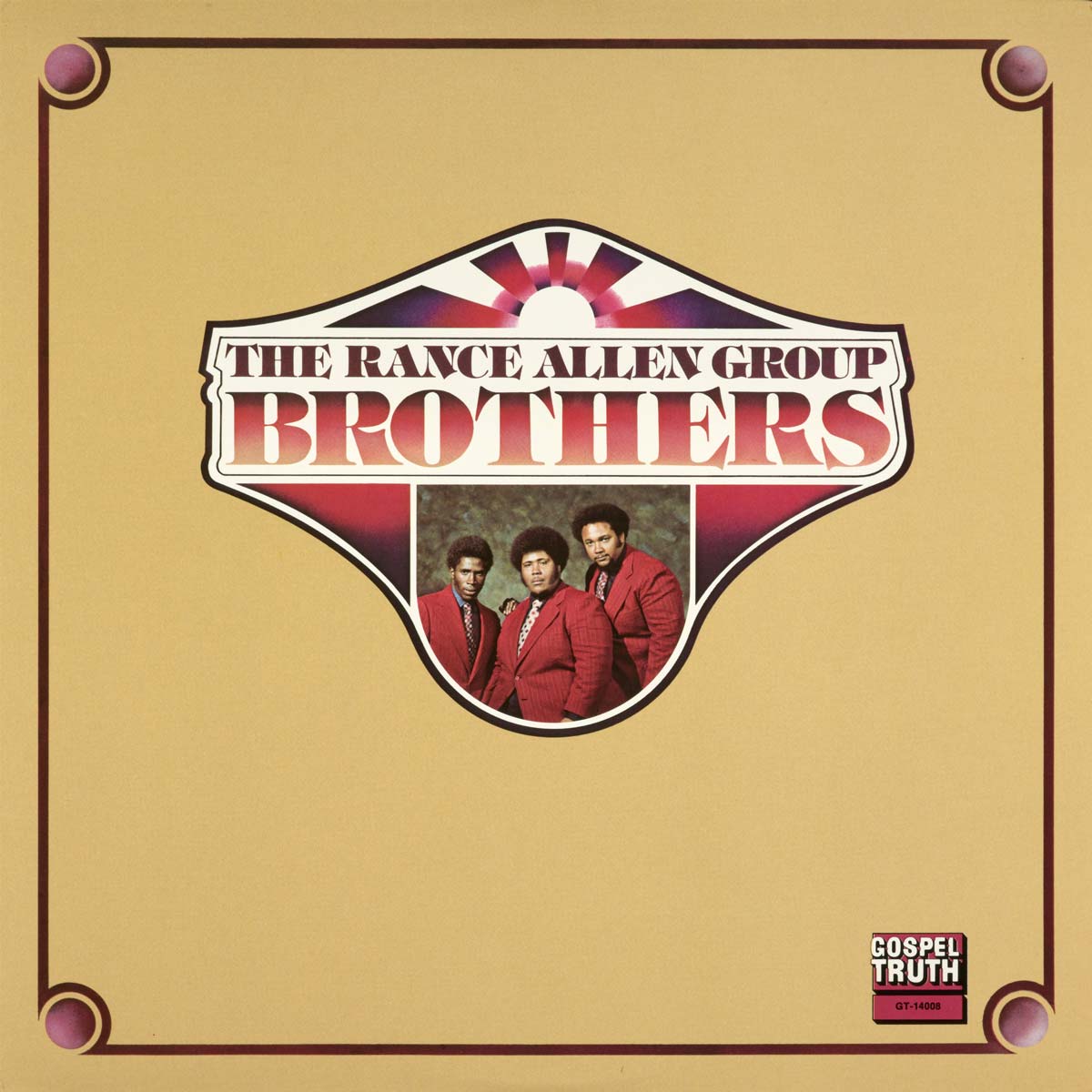
1973 album Brothers
When the Rance Allen Group returned with their album Brothers in 1973, Rance doubled his previous efforts in the songwriting department, finding himself penning six compositions appearing on the LP. The album, characterized by the presence of strings arranged by David Van DePitte, places prominence on its beefed-up sound from its onset, beginning with the proto-disco, danceable groove of opening track “Get Your Lives Together,” written by Rance Allen. Allen utilizes the grandiose symphonic help to even greater effect in “I Know a Man Who.” On the track, the whirring strings surround the brothers, who stand firm in the middle of the song’s arrangement, adapting their conventional street-smart and soulful downhome gospel to the larger-than-life complement of an orchestra.
On their final recording for Stax, one which released on the Truth Records label instead of previous The Gospel Truth Records, all three Allen brothers took a step back, ceding many of the records functions to Stax staffers and other Memphis-based musicians. Under the leadership of producers David Porter and Ronnie Williams, Rance only provided two songwriting selections, “What a Day” and “I Give My All to You.”
Following Stax Records’ closing in 1975, the Rance Allen Group would return the short-lived iteration of the label that ended the decade. Between 1978 and 1980, the group released the albums “Straight From the Heart,” “Smile,” and “I Feel Like Going On.” Throughout this period, the group collaborated with a revolving door of producers, arrangers, and musicians, even briefly adding a new official member, percussionist Kurtis Beyer. The period also returned Allen to the position of the group’s chief songwriter.
As a stalwart of the genre and a lifelong evangelist, eventually taking a post as a bishop over his own congregation within The Church of God in Christ in Toledo, Ohio, Rance Allen’s fortunes as a songwriter remained secondary to his service to the religious community. Until his passing in 2020, he lived as one of the most recognizable names in Black religious music and the shining jewel of Stax’s foray into gospel.
by Jared Boyd
The Songwriters Series ARCHIVE
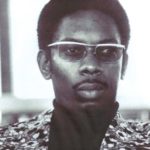
Frederick Knight
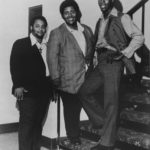
Rance Allen
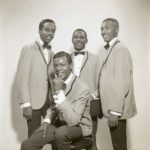
The Mad Lads
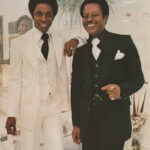
Carl Hampton and Homer Banks
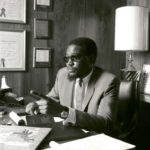
Eddie Floyd and Al Bell

William Bell and Booker T. Jones
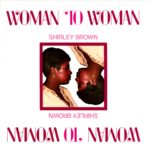
Eddie Marion, James Banks, and Henderson Thigpen
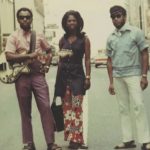
We Three (Bettye Crutcher, Raymond Jackson & Homer Banks)

Eddie Floyd and Steve Cropper
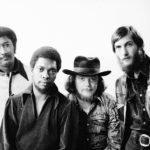
Booker T & the M.G.’s

Steve Cropper and Otis Redding
